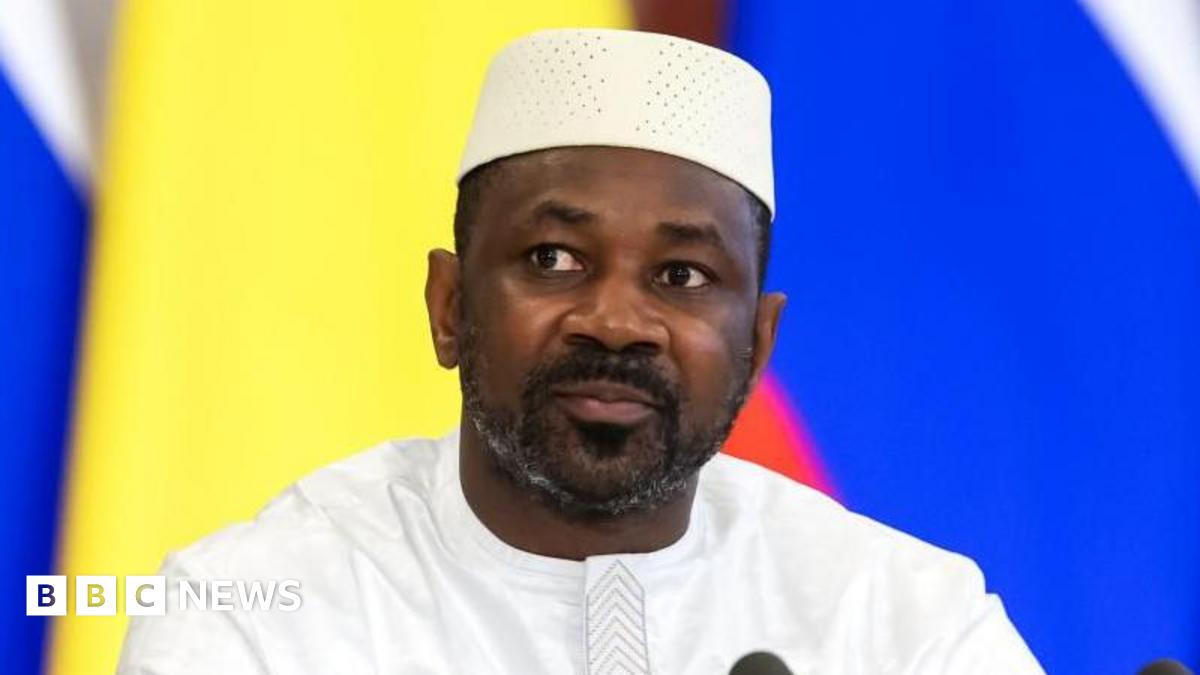Netanyahu Meets Trump Amidst Ceasefire Hopes as Israel and Hamas Negotiate

Washington D.C. & Tel Aviv – In a crucial week for Middle East diplomacy, Israeli Prime Minister Benjamin Netanyahu is scheduled to meet with U.S. President Donald Trump at the White House on Monday. This high-level discussion comes as Israeli officials are engaged in indirect negotiations with Hamas, the Palestinian militant group, aiming to secure a ceasefire and de-escalate tensions following recent escalations in violence.
The meeting between Netanyahu and Trump is anticipated to focus on a range of issues, including regional security, the ongoing conflict between Israel and Hamas, and the broader peace process. President Trump has previously expressed a desire to broker a historic peace agreement between Israelis and Palestinians, and this meeting provides an opportunity to reaffirm that commitment and explore potential avenues for progress.
Meanwhile, the indirect talks between Israeli officials and Hamas are being mediated by Egypt, a key player in regional stability. These negotiations are centered on securing a long-term ceasefire that would halt rocket fire from Gaza into Israel and end Israeli airstrikes and ground operations in the territory. The discussions are complex, with both sides holding firm to their demands and concerns.
Escalation and the Current Situation
Recent weeks have seen a significant increase in tensions between Israel and Hamas. Rocket attacks from Gaza have targeted Israeli cities, prompting retaliatory airstrikes from the Israeli military. The exchange of fire has resulted in casualties on both sides and heightened fears of a wider conflict. The ongoing humanitarian situation in Gaza, exacerbated by the conflict, remains a major concern.
The Role of the United States
The United States has consistently played a significant role in mediating between Israel and the Palestinians. President Trump's administration has taken a largely pro-Israel stance, recognizing Jerusalem as Israel's capital and moving the U.S. embassy there. However, the administration has also expressed a commitment to achieving a just and lasting peace agreement.
The upcoming meeting between Netanyahu and Trump is expected to further clarify the U.S. position on the conflict and to explore potential strategies for de-escalation and a return to negotiations. Analysts suggest that the U.S. will likely urge restraint on both sides and encourage a renewed commitment to diplomatic solutions.
Challenges and Prospects for Peace
Despite the ongoing negotiations and diplomatic efforts, significant challenges remain. Deep divisions between Israelis and Palestinians, mistrust, and differing political agendas continue to hinder progress. The future of Gaza, the status of Jerusalem, and the right of return for Palestinian refugees are among the most contentious issues.
However, the ongoing efforts to secure a ceasefire and the continued engagement of the United States offer a glimmer of hope for a more peaceful future. A successful outcome to the current negotiations would not only prevent further bloodshed but also create an opportunity to rebuild trust and pave the way for more substantive peace talks.
The world watches with anticipation as these critical discussions unfold, hoping for a resolution that will bring an end to the cycle of violence and usher in a new era of stability and peace in the region.




